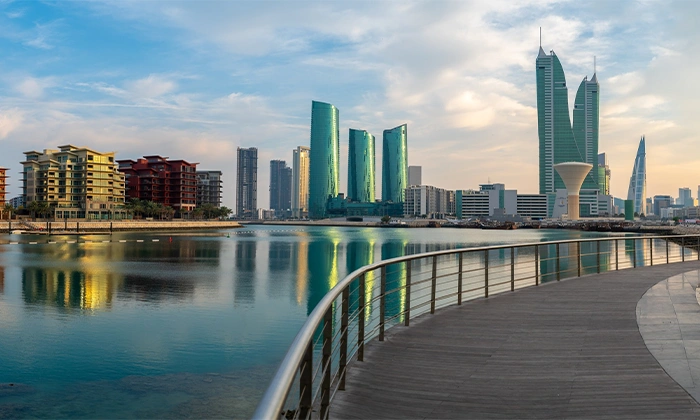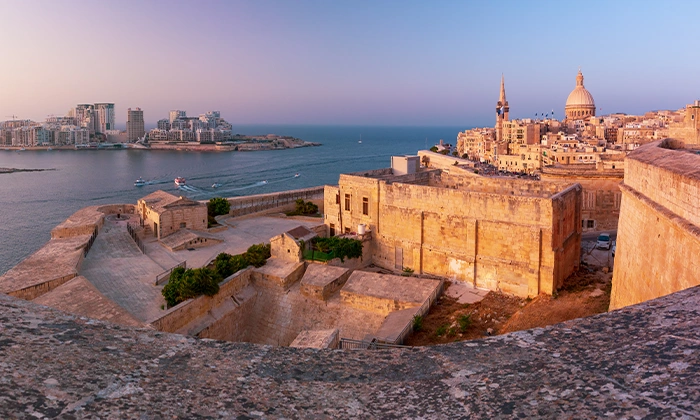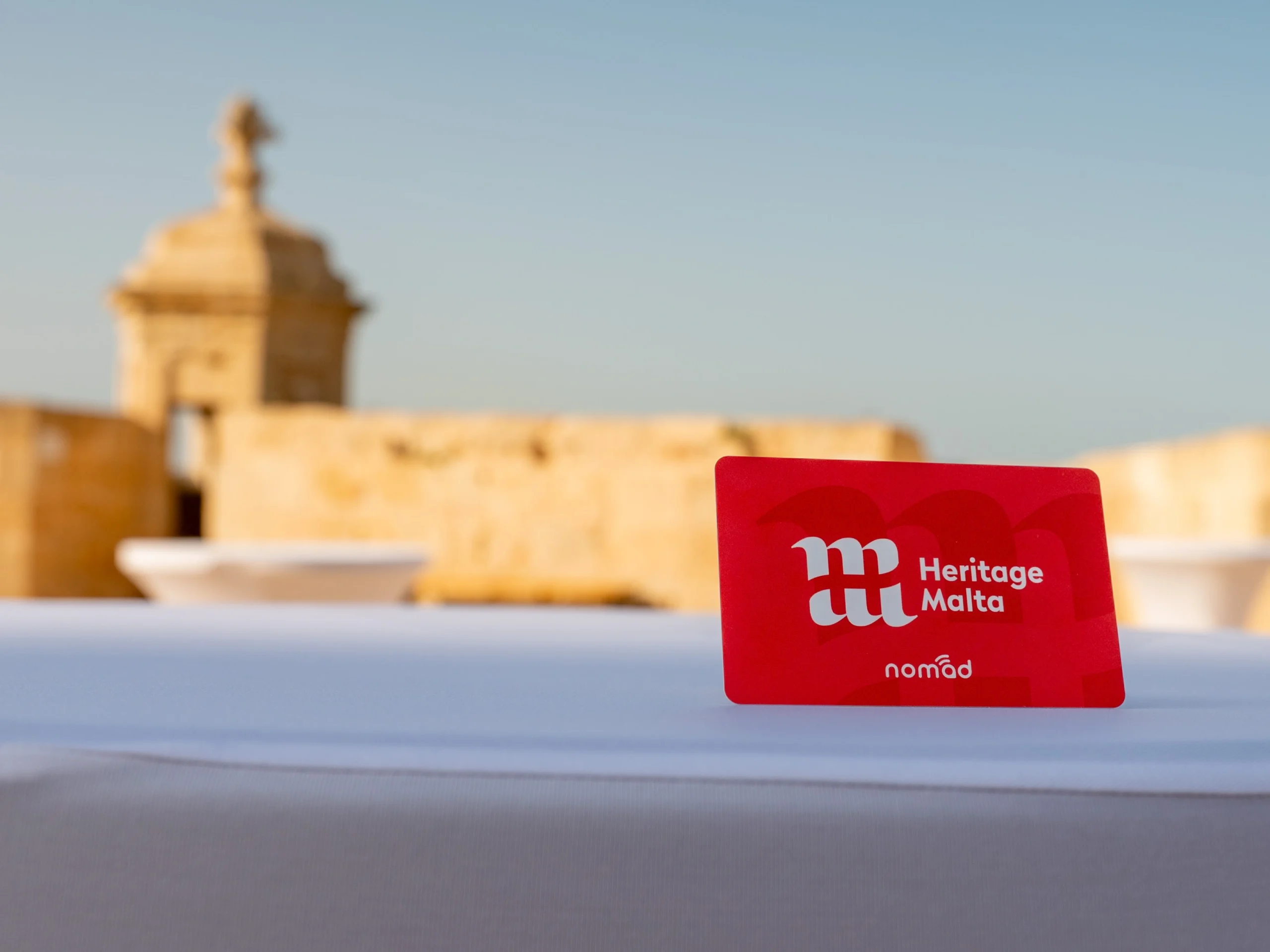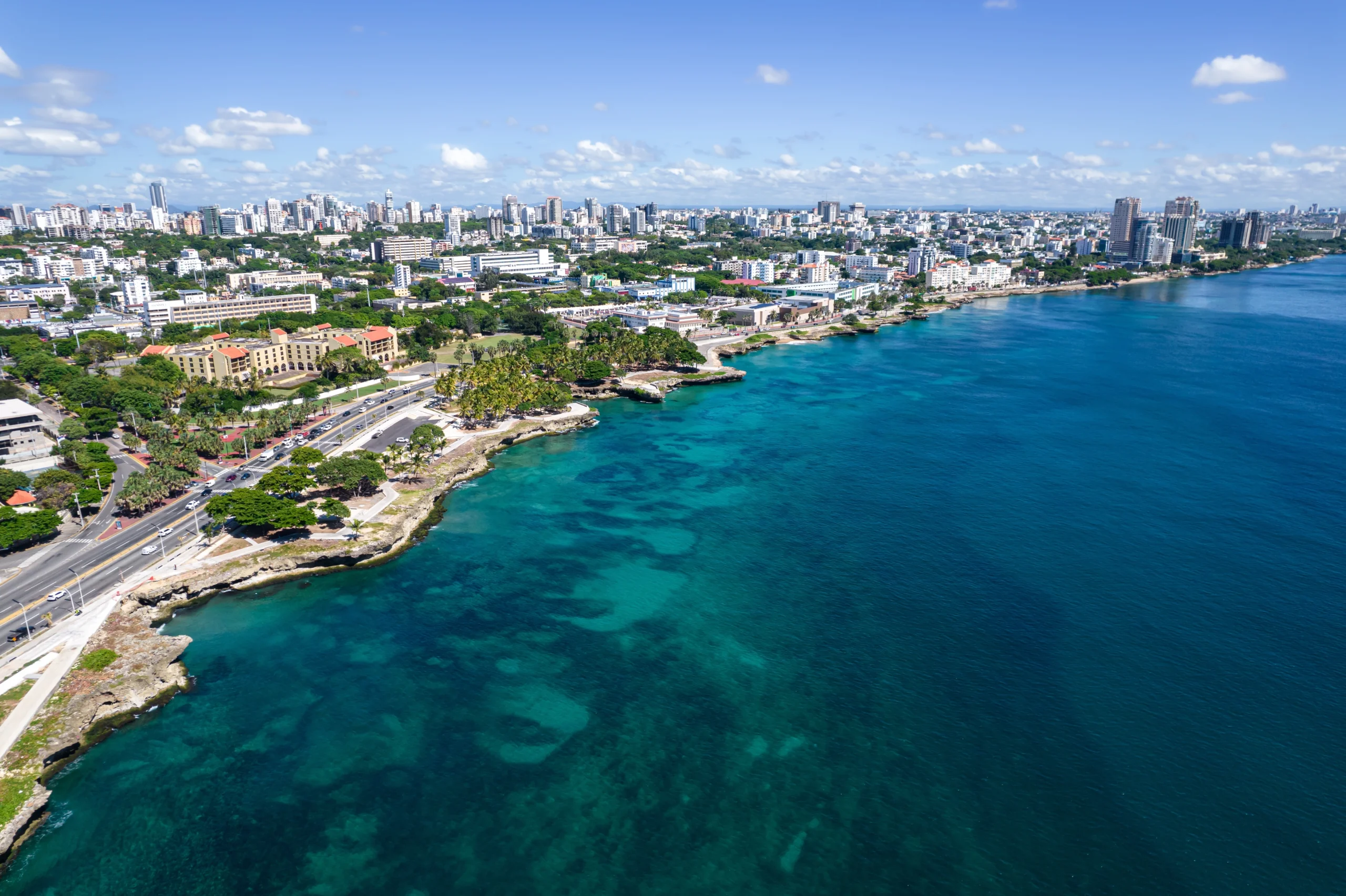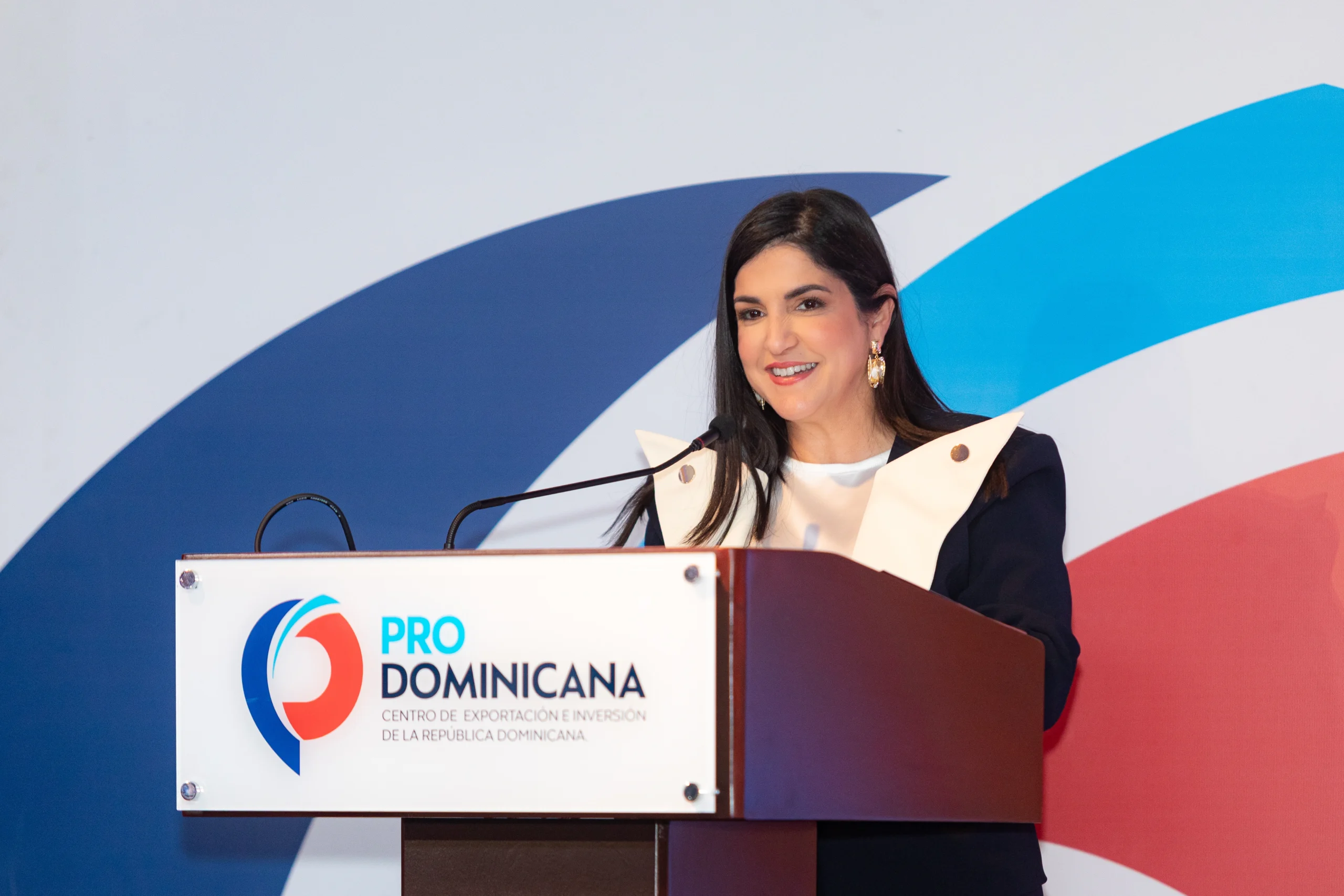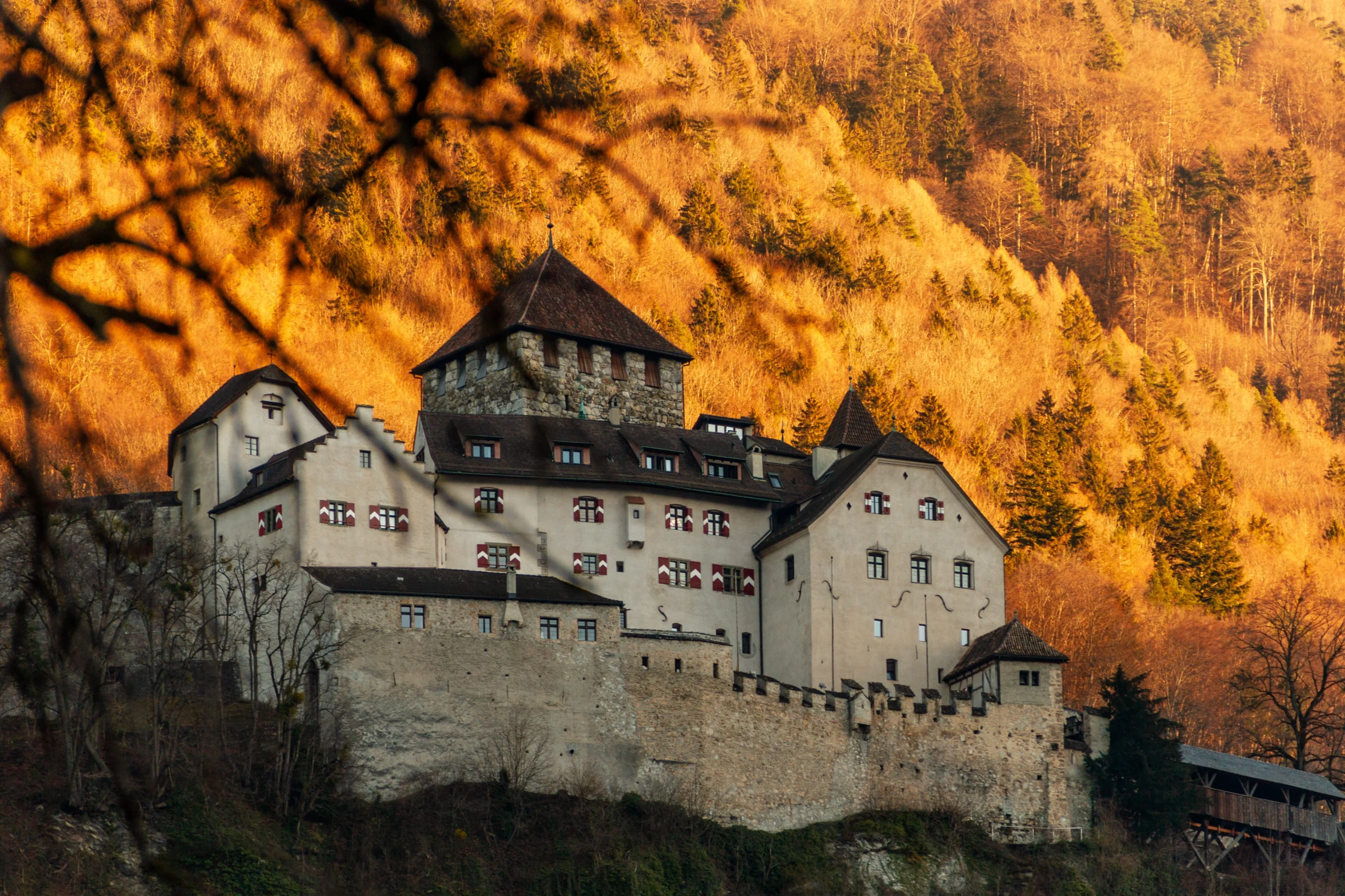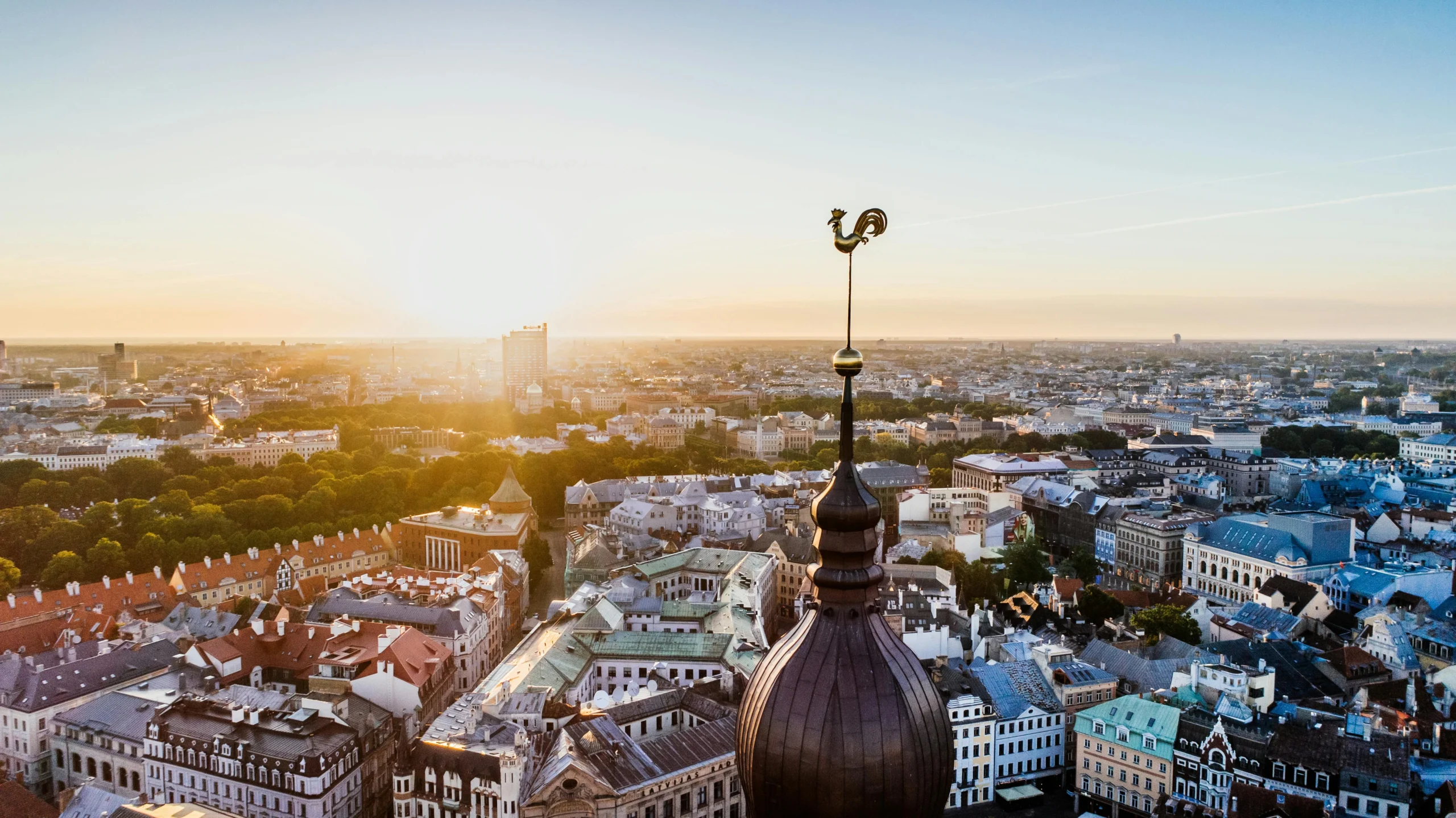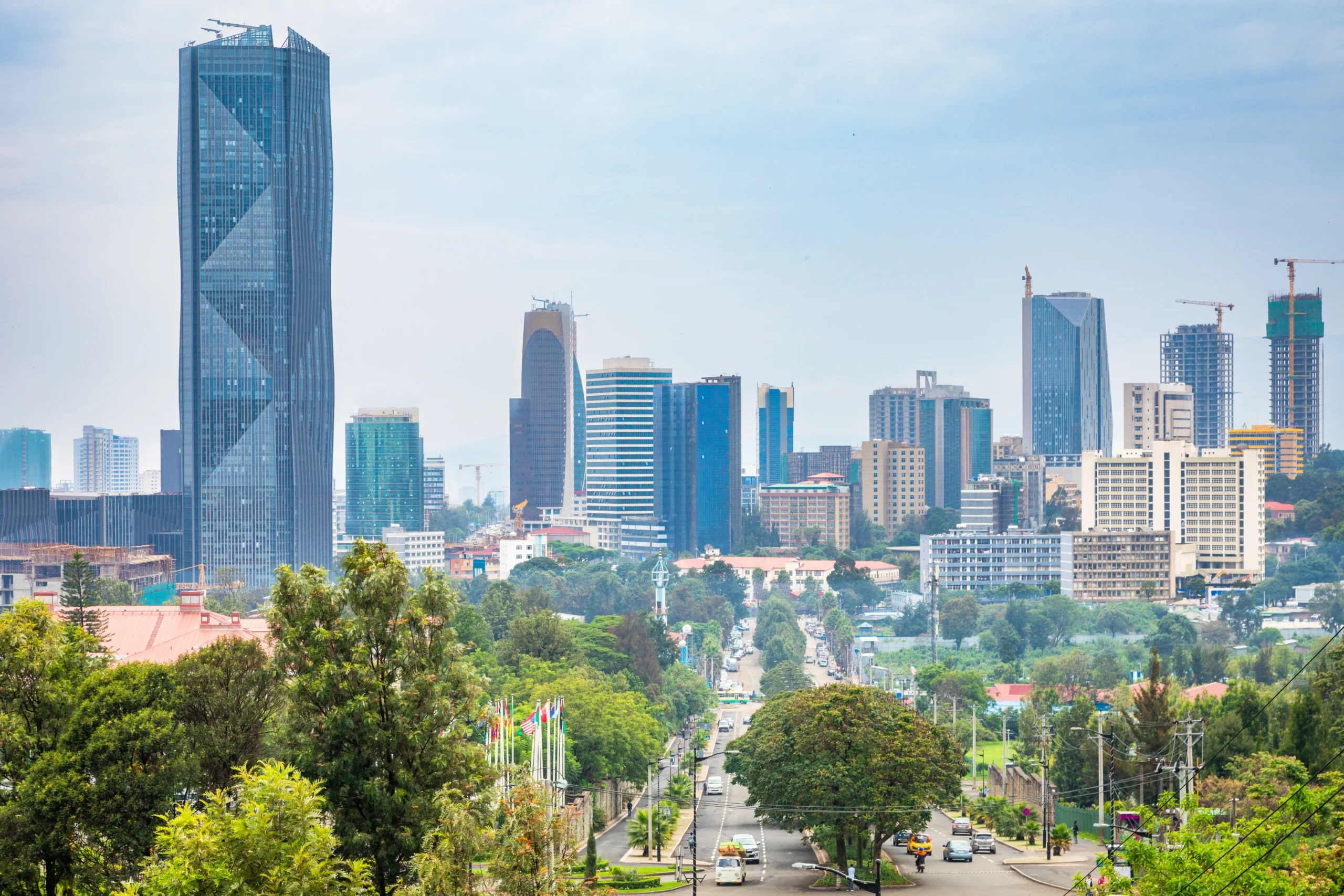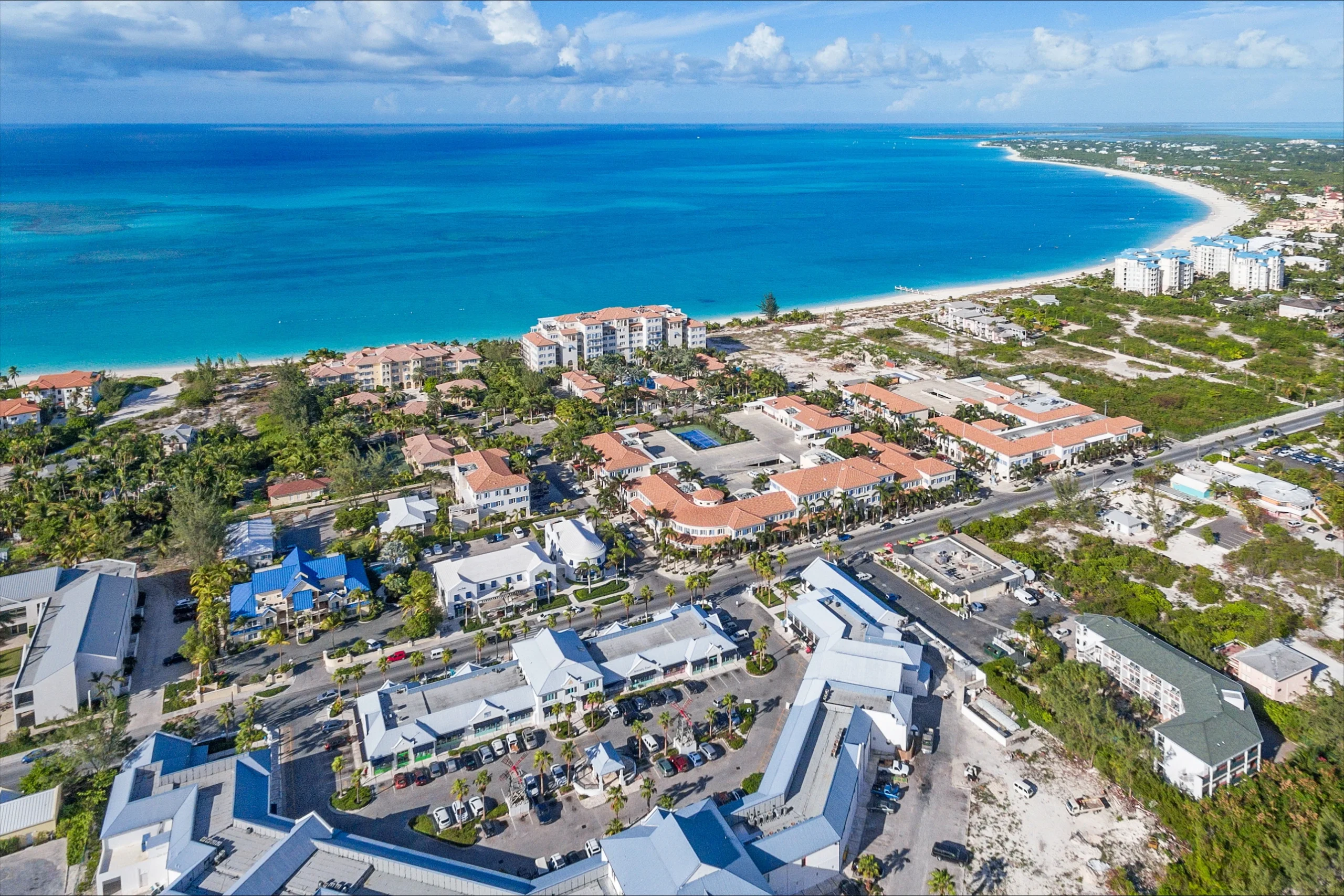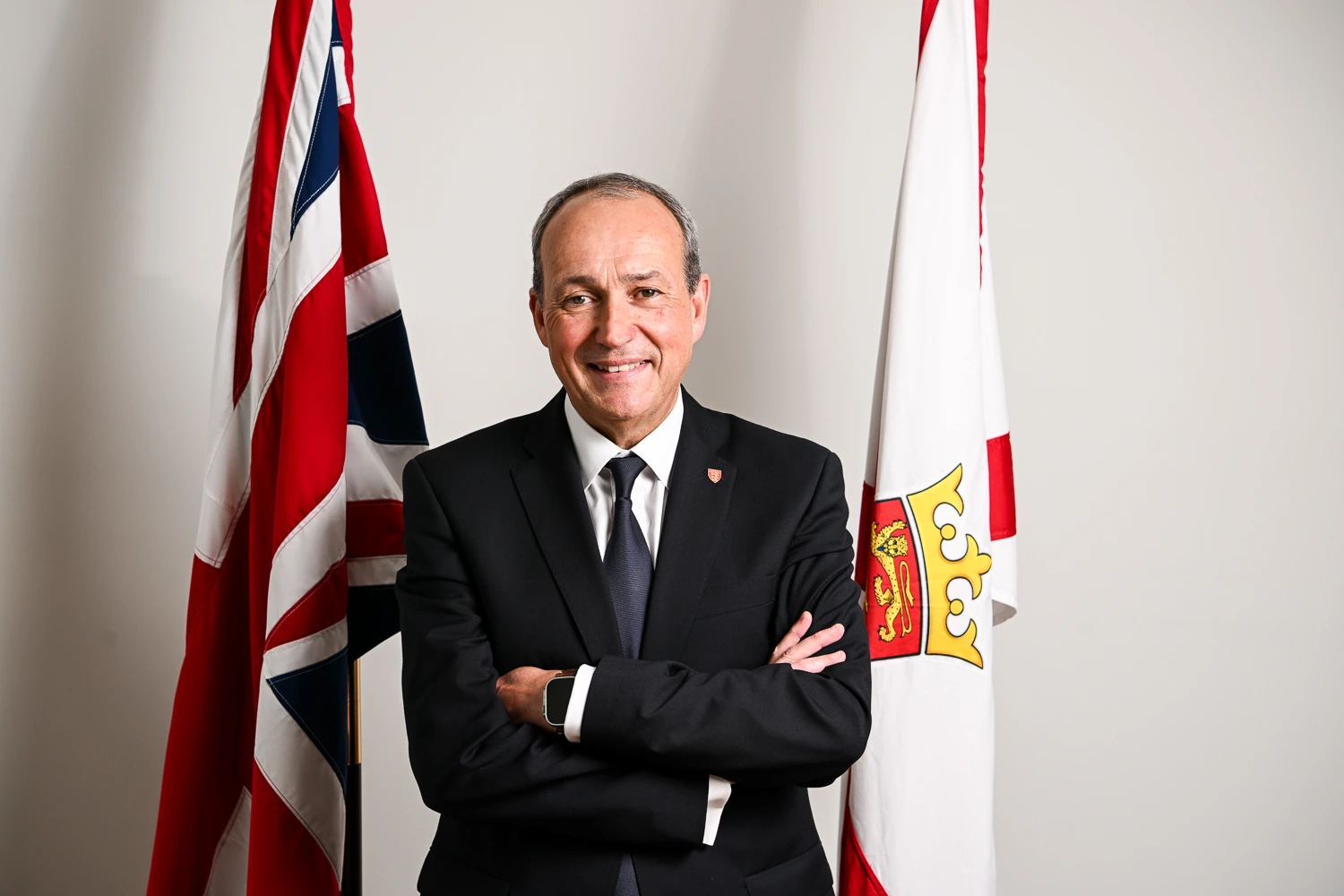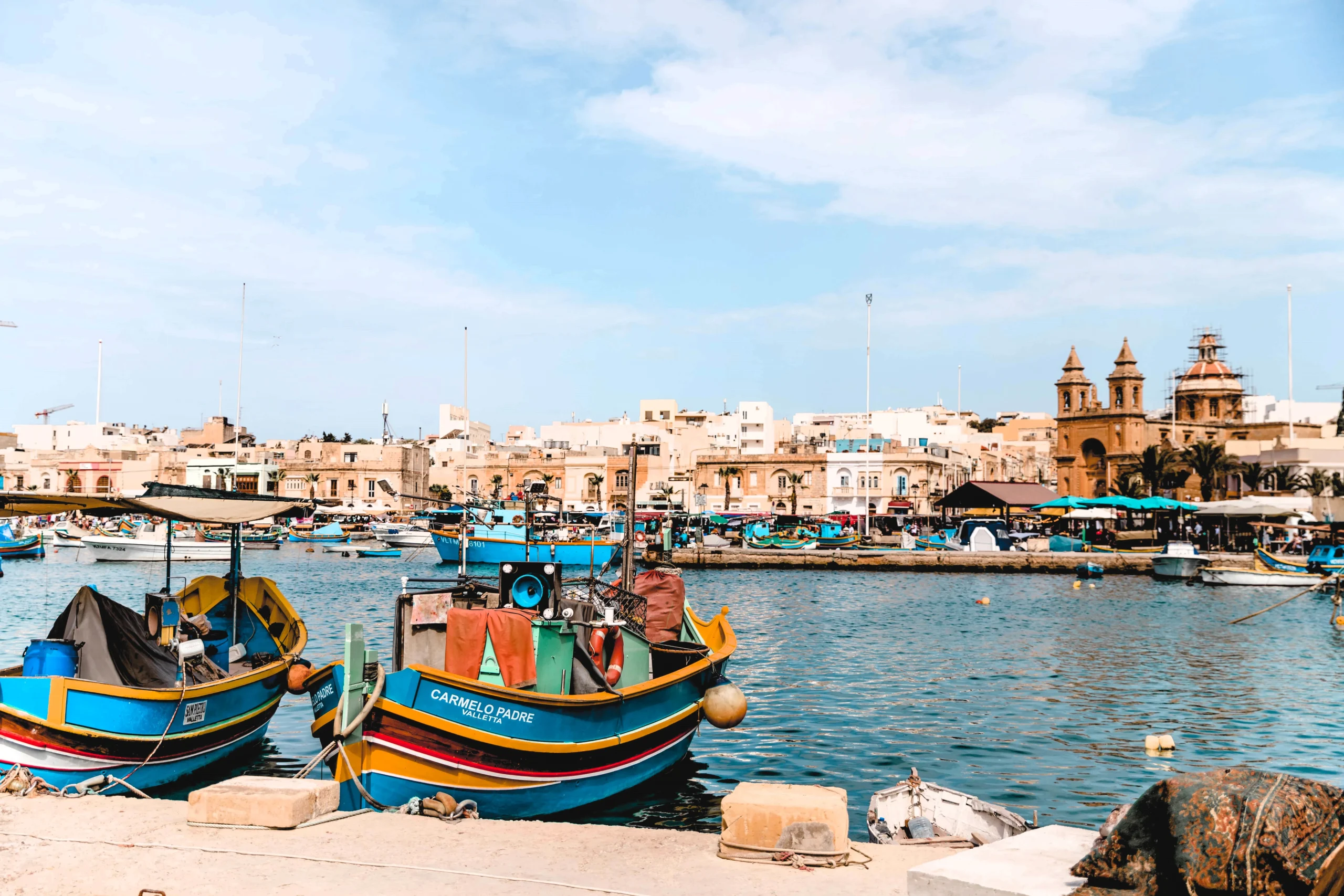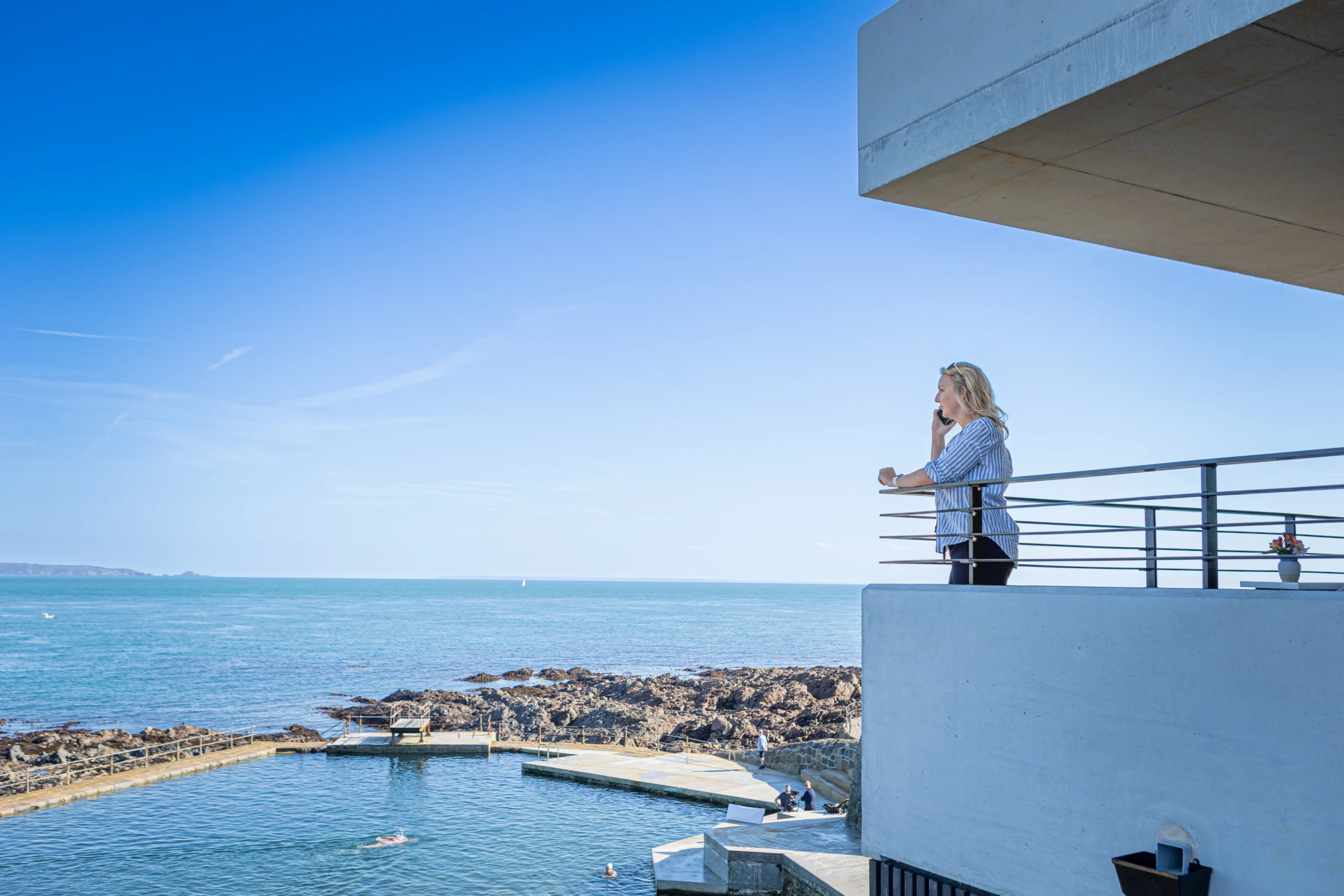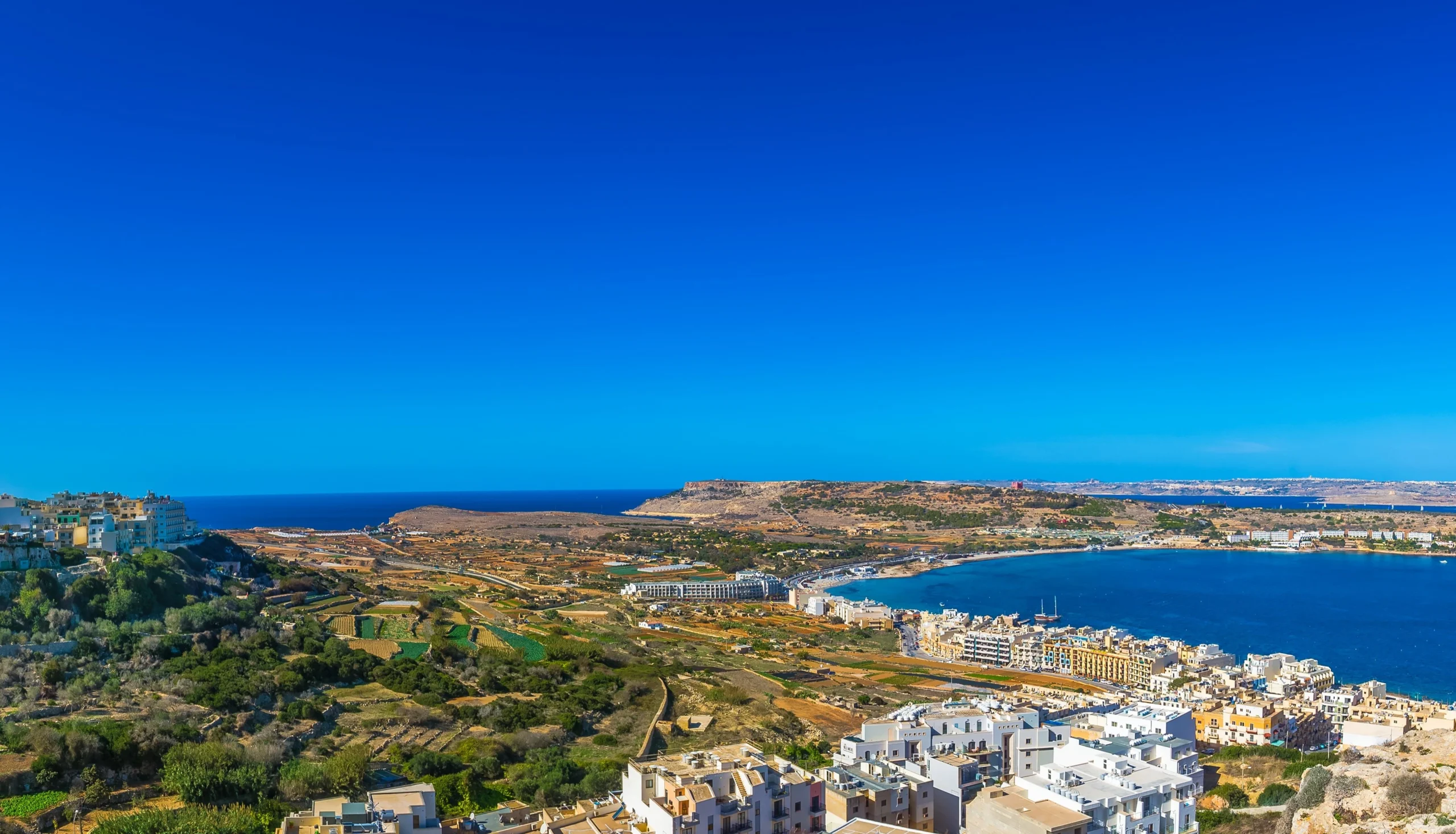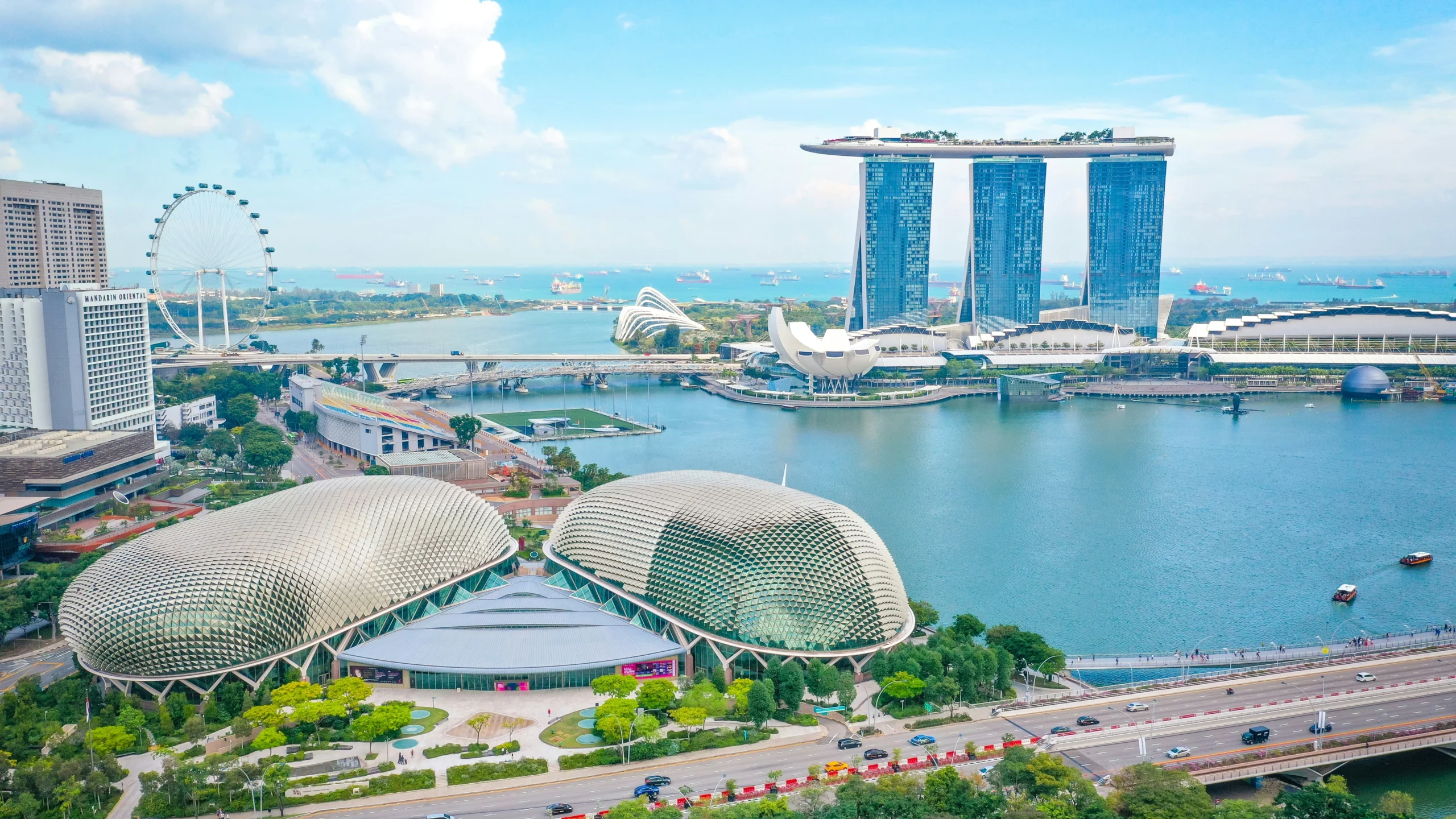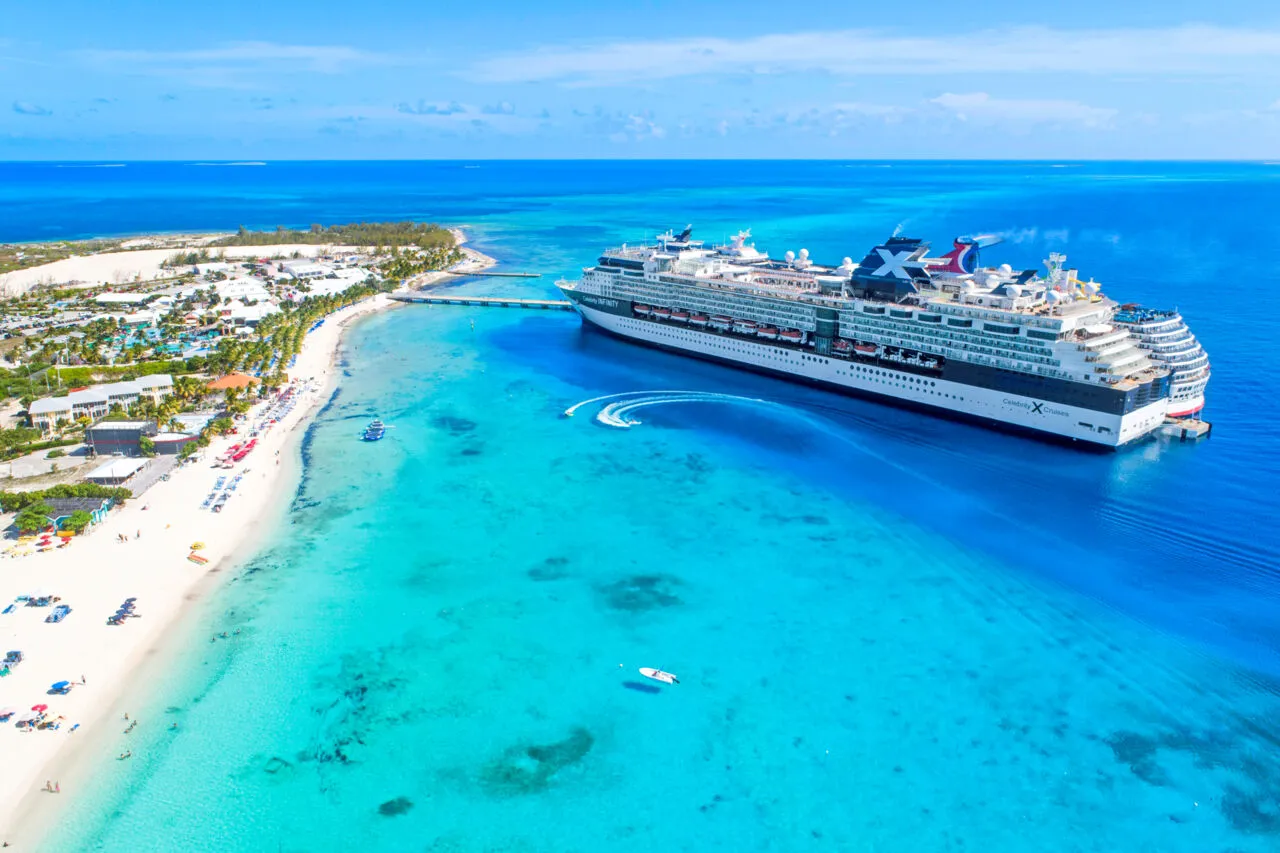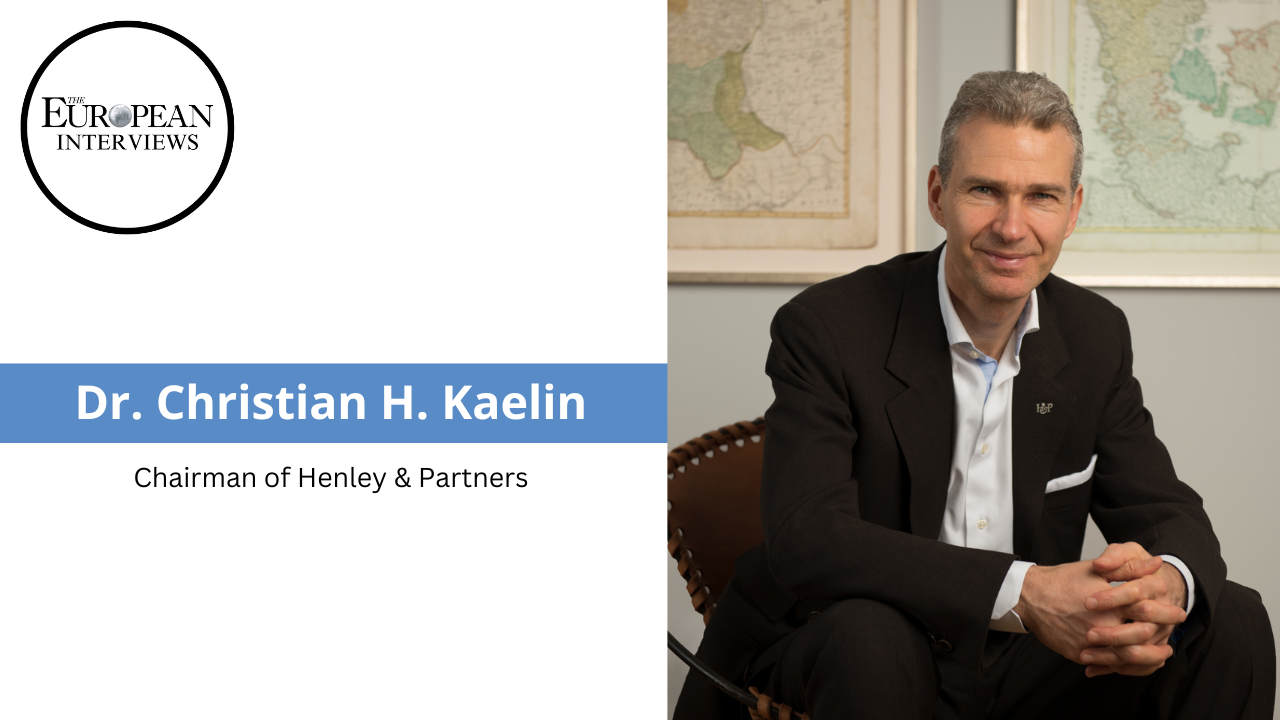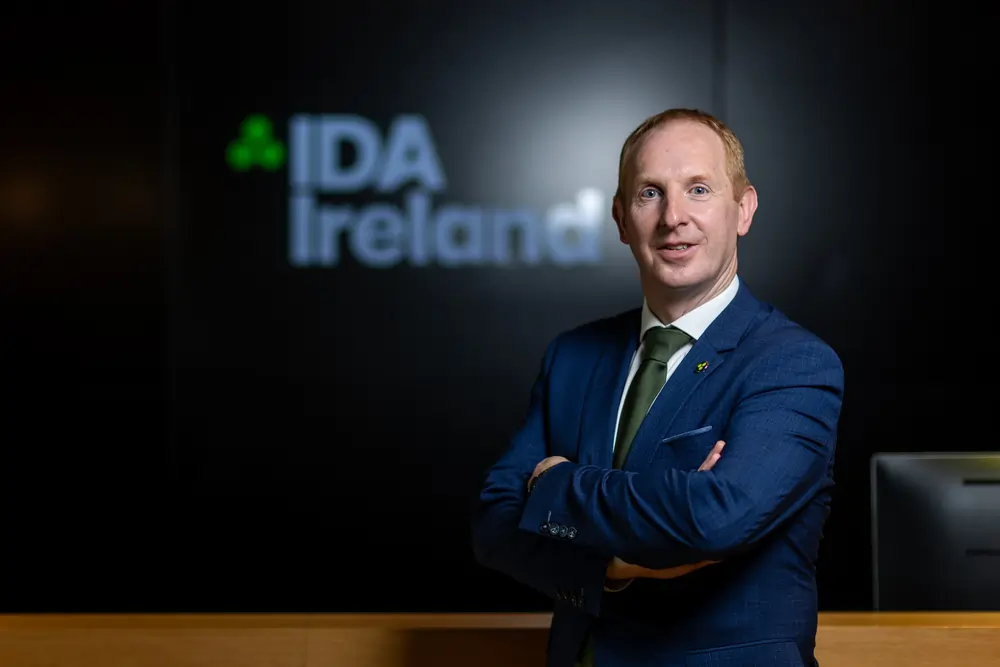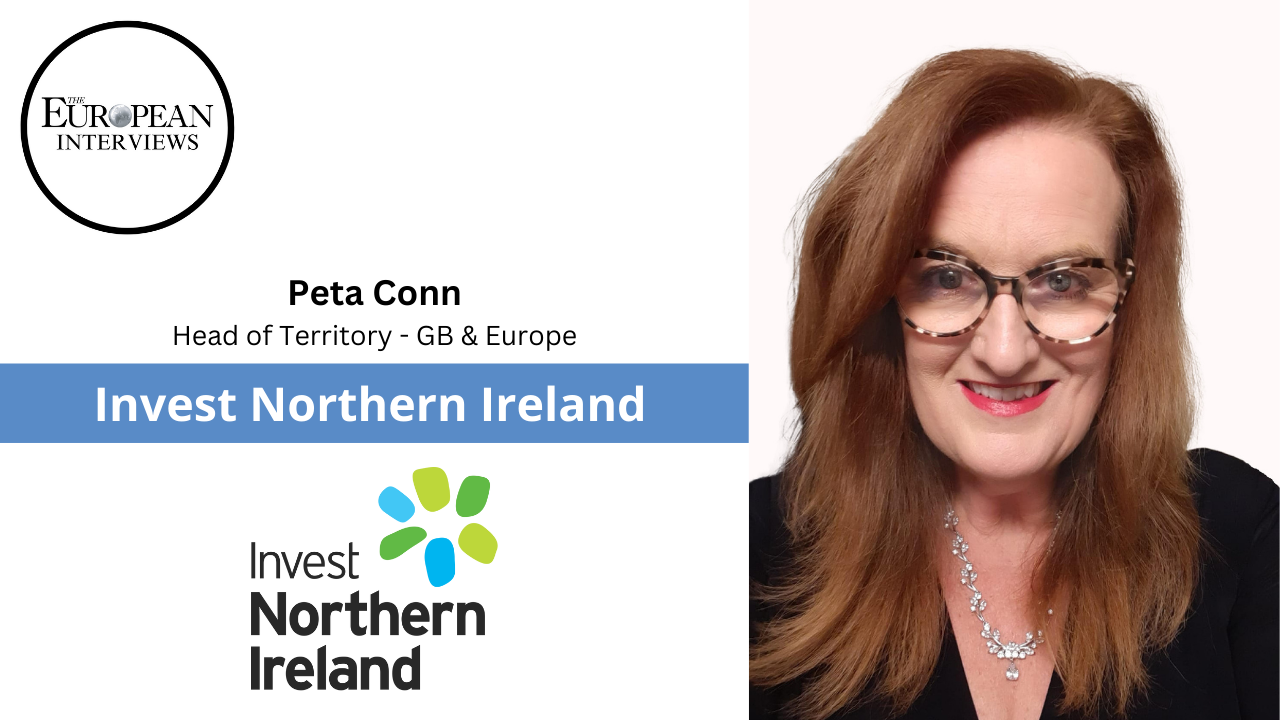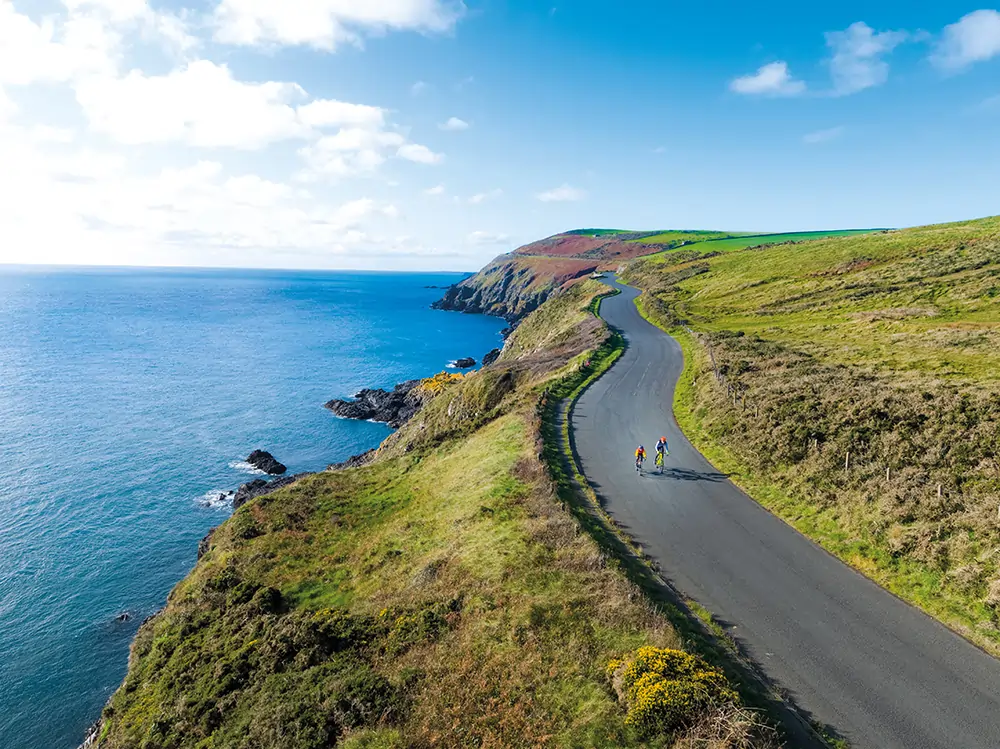The first port of call for investment in Durban

John E. Kaye
- Published
- Foreign Direct Investment, Home
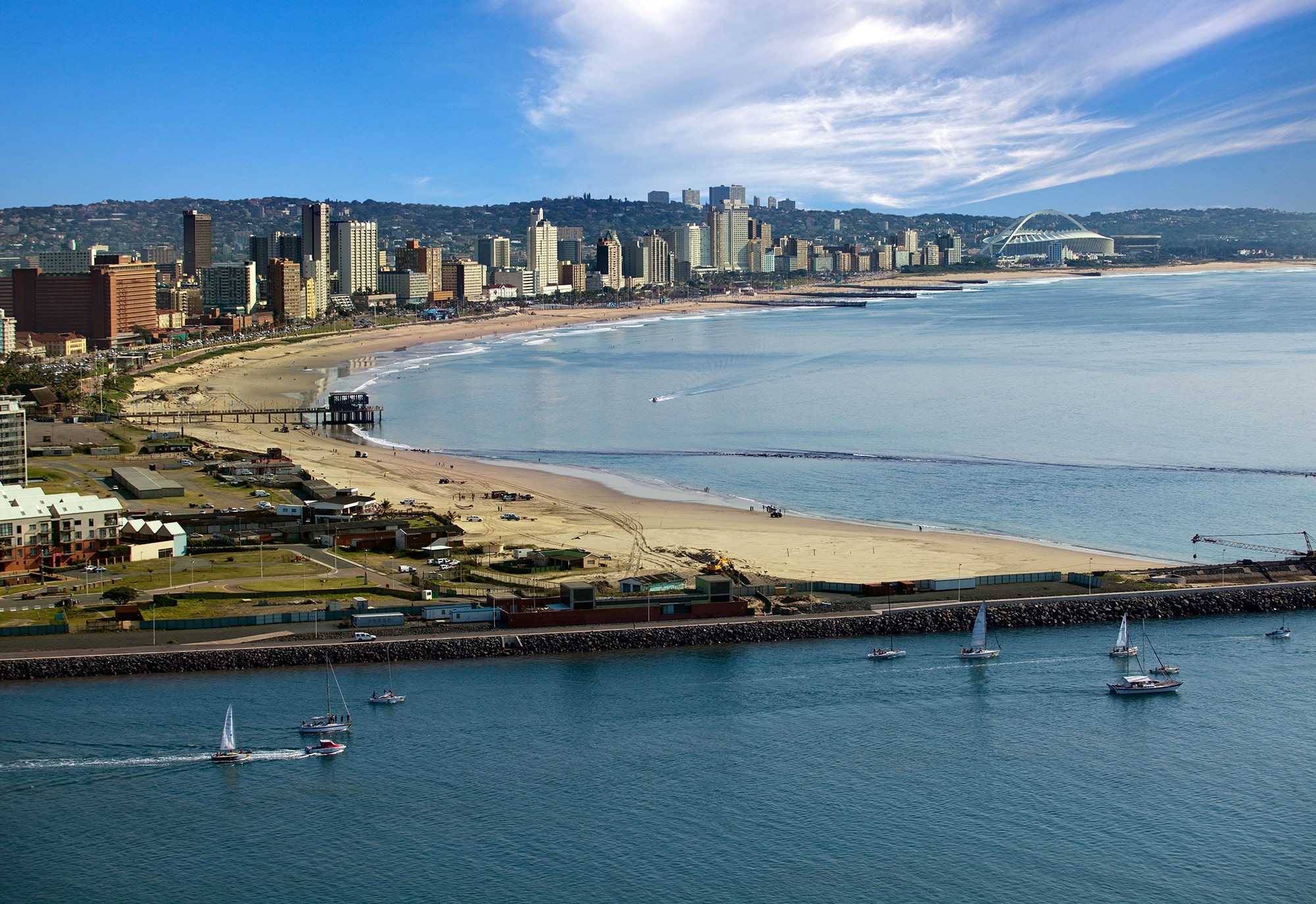
Creating links across a whole range of sectors, Invest Durban is the catalyst for commercial activity in this famous region
Invest Durban was established at the recommendation of the Durban City Council and the private sector as the “first port of call” to stimulate new investment in the Durban metropolis. The agency acts as a partnership between the Metro City Council and the private business sector, offering a free investor advisory service, plus key promotion, facilitation, and aftercare services between all investment stakeholders. Invest Durban delivers a world-class, metro-based investor support service, encompassing a four-part business mandate: investment promotion and marketing; foreign investment identification, attraction and facilitation; FDI aftercare and expansion, plus investment advocacy. Invest Durban works together with organisations such as the Department of Trade & Industry including Invest SA, Trade and Investment KZN (TIKZN), the Durban Chamber of Commerce and Industry, the KZN Growth Coalition, and State-Owned Enterprises such as Dube TradePort, the DBSA, IDC, Eskom, ACSA and others.
The thrust of Durban’s proposition to attract investors can be put into three broad categories:
- Premium destination – Promotes a business and lifestyle environment conducive to profitable, sustainable investment opportunities, with good availability of land.
- Catalytic projects – Projects which have the potential to shift the socio-economic landscape and trigger a series of investments across several sectors.
- Priority sectors – Which receive the focus of planners in a variety of ways, including the creation of clusters and the development of value chains to promote new ventures and investment opportunities.
Catalytic projects
Durban is working on a number of large-scale projects that have the potential to make a regional impact. The location of these projects is vital. They must either be on national trade routes or they should help to break down the old apartheid living/ working dynamics. Projects are selected for their scale in terms of job creation, investment size and potential revenue creation. Ideally, the projects should include a combination of uses (retail, commercial and housing, for example) and they should fit in with the United Nations’ Sustainable Development Goals. The Point Waterfront Development, for example, fits very well into the category of a catalytic project.
Some projections put the potential investment value at R40bn and the number of permanent jobs to be created at 6,750. It is an ambitious plan that is already linking the city’s beach promenade and the harbour. The Point Waterfront Development offers a property a mix of office space, retail shops, residential dwellings and leisure options. The 55 hectare site has already seen significant investment. A new cruise line terminal in the harbour, backing on to the “Point” will dovetail well with the new atmosphere of the precinct.
Other major projects include:
- GO!Durban Transport Oriented Development– A project which has already received major road upgrades and will be a significant enabler of trade.
- Centrum Government Precinct – Formalises the relationship between buildings such as the International Convention Centre (and extensions) and a related hotel, the library, council chambers and the redevelopment of Gugu Dlamini Park.
- Cornubia integrated human settlement development north of Durban – Covering 1,300 hectares, this is a partnership between Tongaat Hulett Development, the human settlement departments at national and provincial level, and the eThekwini municipality.
- Dube TradePort – A multi-modal facility encompassing the King Shaka International Airport cluster initiatives.
Durban has a highly diverse economic landscape, within which there are large-scale enterprises. Cooperation between the public and private sectors is formalised by the large number of cluster initiatives, which aim to draw together experience and expertise from commerce and industry, labour organisations, government and academia.
Under manufacturing, the following clusters or programmes are active:
- KZN Clothing and Textile Cluster (KZN CTC)
- Durban Automotive Cluster (DAC)
- Durban Chemical Cluster (DCC)
- eThekwini Maritime Cluster (EMC)
- KZN Furniture Incubator
- Agro-processing development programmes
Research aims to find out how best to grow particular economic sectors, and in-depth discussions are held about how to develop and grow value chains. The wealth of KwaZulu-Natal is mostly consumed or exported in its raw state – much more could be done to add value through processing. The priority sectors are:
- Automotive and allied industries
- Logistics and logistics management
- Information & communication technology (ICT) and business process services (BPS)
- Agri-processing
- Life sciences (incl. Pharmaceuticals, medical device manufacturing, plus health facilities)
- Tourism asset development
Some of these initiatives play to the existing strengths of the regional economy, some seek to exploit newer avenues as in the emphasis on the environment and a growing interest in the oceans’ economy. A variety of projects link tourism, renewable energy generation, recycling and job creation. There are various other, broader programmes which have their own goals, but there will be positive spin-offs for the targeted sectors.
These schemes include the drive to increase local content, boosting metal fabrication across sectors, the promotion of black industrialists, promoting exports and the overarching eThekwini Industrial Development Policy Action Plan. Companies operating in these key sectors are invited to contact Invest Durban and benefit from these initiatives!
Further information
RECENT ARTICLES
-
 Residence and citizenship planning is reshaping global wealth strategies
Residence and citizenship planning is reshaping global wealth strategies -
 Building sovereign bridges by attracting global investors
Building sovereign bridges by attracting global investors -
 Bahrain cuts property investment threshold for golden residency
Bahrain cuts property investment threshold for golden residency -
 Where mobility meets opportunity: Malta’s strategic advantage for global investors and innovators
Where mobility meets opportunity: Malta’s strategic advantage for global investors and innovators -
 UK government sets up Women in Tech taskforce amid gender imbalance concerns
UK government sets up Women in Tech taskforce amid gender imbalance concerns -
 Malta introduces Nomad Heritage Card for remote professionals
Malta introduces Nomad Heritage Card for remote professionals -
 How free global cities could reshape the future of migration
How free global cities could reshape the future of migration -
 Dominican Republic positions itself as Caribbean hub for sustainable trade and investment
Dominican Republic positions itself as Caribbean hub for sustainable trade and investment -
 Biviana Riveiro Disla speaks to The European about the Dominican Republic’s role as a hub for trade and investment
Biviana Riveiro Disla speaks to The European about the Dominican Republic’s role as a hub for trade and investment -
 Liechtenstein tops global index for foundations
Liechtenstein tops global index for foundations -
 Keeping the door open: wealthy UK citizens investing their way back into the EU
Keeping the door open: wealthy UK citizens investing their way back into the EU -
 Ethiopia emerges as a sustainable investment leader on the African stage
Ethiopia emerges as a sustainable investment leader on the African stage -
 France’s FDI renaissance marks a Nouvelle Ère for Europe
France’s FDI renaissance marks a Nouvelle Ère for Europe -
 The Turks and Caicos Islands: A new era for financial services and innovation
The Turks and Caicos Islands: A new era for financial services and innovation -
 Jersey in focus – an interview with Chief Minister Deputy Lyndon Farnham
Jersey in focus – an interview with Chief Minister Deputy Lyndon Farnham -
 Malta – a popular base for digital nomads
Malta – a popular base for digital nomads -
 Move to Guernsey: The Channel’s island gem
Move to Guernsey: The Channel’s island gem -
 Malta’s residency-by-investment programme: a clear path to permanent residency
Malta’s residency-by-investment programme: a clear path to permanent residency -
 The banking shift that Europe’s businesses can’t afford to ignore
The banking shift that Europe’s businesses can’t afford to ignore -
 High-net-worth Europeans turn to investment migration amid security fears
High-net-worth Europeans turn to investment migration amid security fears -
 Beyond the beaches: a spotlight on the Turks and Caicos Islands
Beyond the beaches: a spotlight on the Turks and Caicos Islands -
 Video Interview with Dr. Christian H. Kaelin of Henley & Partners
Video Interview with Dr. Christian H. Kaelin of Henley & Partners -
 Ireland’s resilience and future in Foreign Direct Investment
Ireland’s resilience and future in Foreign Direct Investment -
 Video Interview with Peta Conn of Invest Northern Ireland
Video Interview with Peta Conn of Invest Northern Ireland -
 The Isle of Man: Space to thrive
The Isle of Man: Space to thrive



